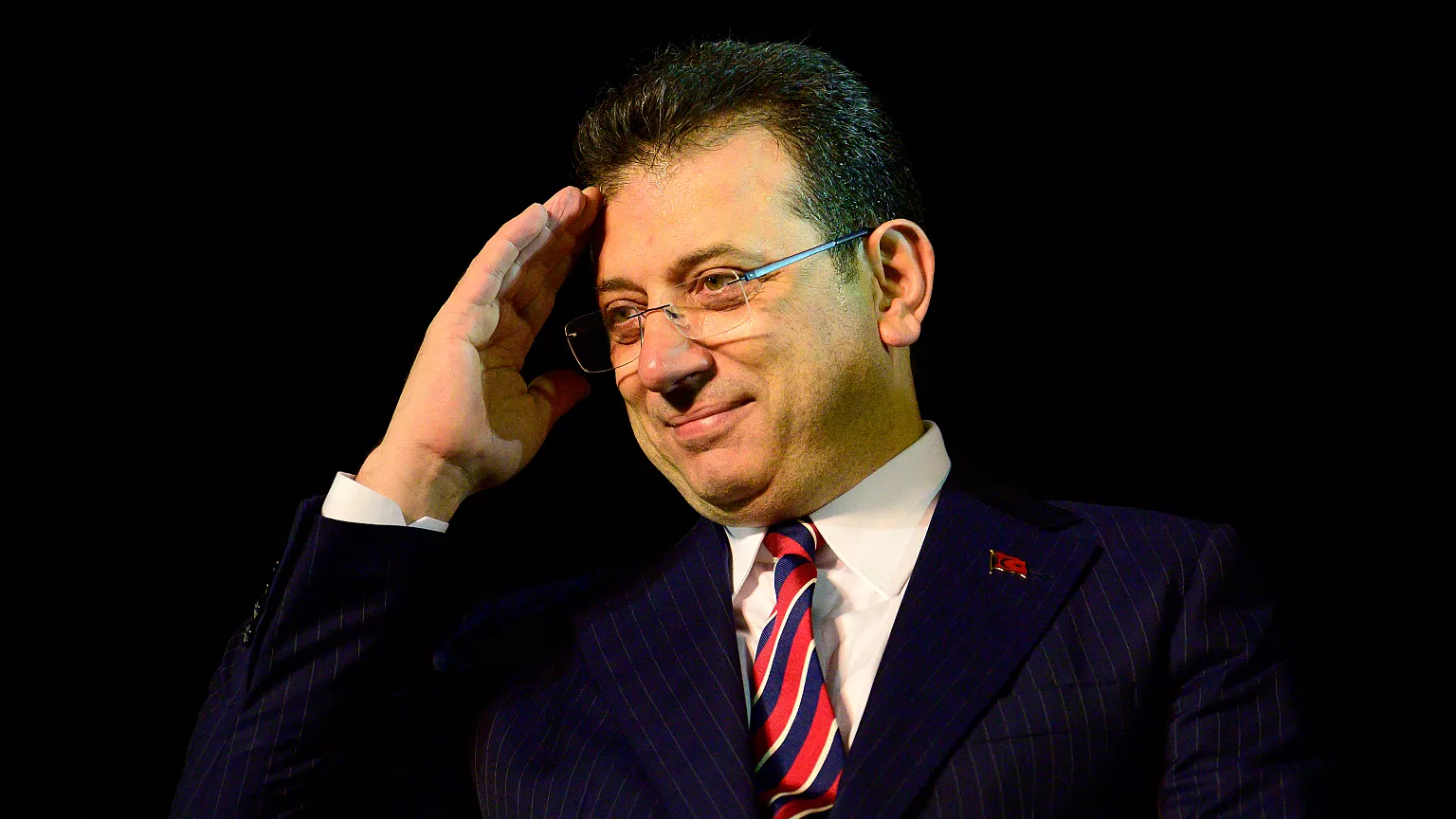In recent years, the political developments in the West and the resurgence of right-wing populist parties have popularised the debate on populism. Populism has different defnitions, and the term is conceptualised in various ways such as an ideology, political style, or policies of political adversaries (Sözen, 2019, p. 268), and it transcends geography, time, and ideology. The common point made by the scholars studying populism is that it constitutes a threat to democracy. There are those who claim that populism could be a corrective factor for the errors and defciencies of liberal democracies (Gidron & Bonikowski, 2013, p. 20). Today’s populist movements are generally seen as a consequence or crisis of globalisation and neoliberalism. The forms of populism may vary depending on geography, culture, and the political system involved. Contemporary populism is labelled “national populism,” “right-wing populism,” “left-wing populism,” “neo-fascism,” “hyper-nationalism,” “authoritarian populism,” and so on. This chapter focuses on left-wing populism in Turkey, specifcally on the election campaign of Ekrem İmamoğlu, the candidate of the main opposition party CHP, who won the local elections and became the new Mayor of Istanbul in 2019.
One of the distinguishing features of authoritarian populist politicians is that they build their politics on the distinction between “us” and “them.” The national community, based on the friend/enemy scheme, has a necessary “outside” from which it distinguishes itself. The anti-elite and illiberal populist politicians claim that they represent the “real people” and so encourage polarisation in society (Müller, 2017, p. 60). In Turkey, President Erdoğan, the leader of the Islamist-conservative party AKP who has been in power since 2002, regularly contributes to the political and social polarisation with his discourses and speeches in the mass media controlled by his government and on social media platforms. In this extremely polarised political climate, Ekrem İmamoğlu won the local elections on 23 June 2019. He became the new Mayor of Istanbul by defeating the ruling party AKP who lost control of Istanbul for the frst time since 1994. Several factors may explain this success. However in this study, we focus on İmamoğlu’s discourse during his electoral campaign. We argue that his campaign is a good example when it comes to overcoming political and social polarisation as it provides important clues on how to fght authoritarian populist politics. Going beyond left-populism, his campaign put forward the embracement of a pluralistic society, the unifcation of polarised groups, non-violent language, and modesty against the arrogance of a one-man regime, in addition to confdence in institutions that are against favouritism. Our research methodology involved collecting campaign data from İmamoğlu’s social media accounts and conducting discourse analysis based on the data collected.
You can access to the article by clicking here.
Hakan Yücel sitesinden daha fazla şey keşfedin
Subscribe to get the latest posts sent to your email.





